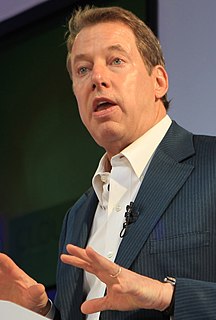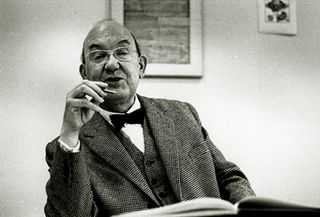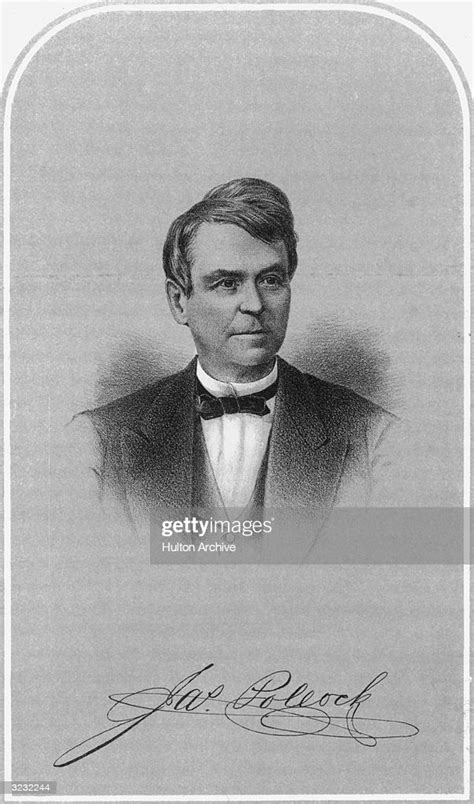A Quote by Robert Greene
The conventional mind is passive - it consumes information and regurgitates it in familiar forms. The dimensional mind is active, transforming everything it digests into something new and original, creating instead of consuming.
Related Quotes
One can think of a secretary actively operating a filing system, of a librarian actively cataloguing books, of a computer actively sorting out information. The mind however does not actively sort out information. The information sorts itself out and organises itself into patterns. The mind is passive. The mind only provides an opportunity for the information to behave in this way. The mind provides a special environment in which information can become self-organising. This special environment is a memory surface with special characteristics.
In Japan we have the phrase, "Shoshin," which means "beginner's mind." Our "original mind" includes everything within itself. It is always rich and sufficient within itself. This does not mean a closed mind, but actually an empty mind and a ready mind. If your mind is empty, it is always ready for anything. It is open to everything. In the beginner's mind there are many possibilities; in the expert's mind there are few.
The mind, conditioned as it is by the past, always seeks to re-create what it knows and is familiar with. Even if it is painful, at least it is familiar. The mind always adheres to the known. The unknown is dangerous because it has no control over it. That's why the mind dislikes and ignores the present moment.
Remember, intelligence is not part of the mind. Intellect is, but intelligence is not; hence, the intellectual is full of mind but in life he behaves very unintelligently. He has a certain expertise, he is trained intellectually to, do a certain thing, his mind is functioning like a computer. But life is not one-dimensional, you cannot exhaust it in one expertise; it is multi-dimensional.
Most of all we need an education which will create an educated mind. This is a mind not simply a repository of information and skills, but a mind that is a source of creative skepticism, characterized by a willingness to challenge old assumptions and to be challenged, a spaciousness of outlook, and convictions that are deeply held, but which new facts and new experiences can always modify.
A mind can be overthrown by words; that's the point. What is happening to the brain of a person who uses the passive, who writes, 'Delay should not be allowed to take place' instead of 'Hurry'? The user of the passive verb doesn't want a universe in which responsible agents do their acts. You see? Bad language ultimately is IMMORAL.
In the beginner's mind there is no thought, "I have attained something." All self-centered thoughts limit our vast mind. When we have no thought of achievement, no thought of self, we are true beginners. Then we can really learn something. The beginner's mind is the mind of compassion. When our mind is compassionate, it is boundless. Dogen-zenji, the founder of our school, always emphasized how important it is to resume our boundless original mind. Then we are always true to ourselves, in sympathy with all beings, and can actually practice.






































